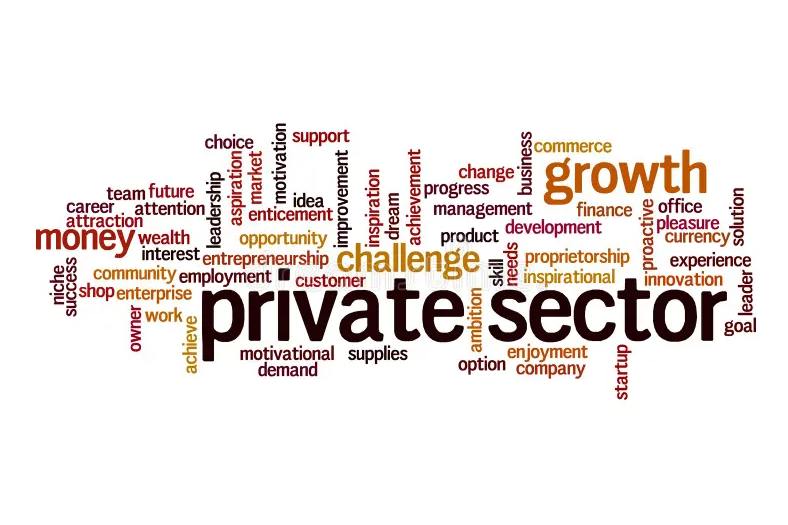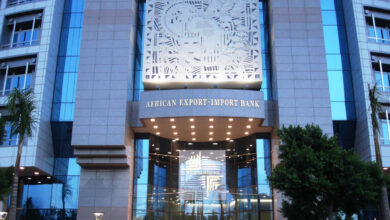World Bank Flags Fiscal Risks as Ghana’s Growth Holds Steady, Urges Structural Reforms

Ghana’s economy maintained strong momentum in 2024, expanding by 5.7 percent, with growth remaining robust at 5.3 percent in the first quarter of 2025, according to the World Bank’s 9th Economic Update for Ghana. The report, titled Addressing Labor Market Challenges and Opportunities in Ghana’s Economic Landscape, credits the performance to progress on debt restructuring, easing inflation, and strong foreign reserve accumulation driven by resilient trade.
However, the Bank warned that fiscal challenges in 2024 had eroded some of the gains made under earlier stabilization efforts, underscoring the urgent need to reinforce fiscal discipline and strengthen macroeconomic stability.
GDP growth is projected to slow to 3.9 percent in 2025, reflecting the combined impact of fiscal adjustments on domestic demand, persistent inflation above the single digit target, and elevated interest rates. Growth is expected to rebound gradually to around 5 percent over the medium term.

Risks to the Outlook
The World Bank cautioned that several risks could derail Ghana’s recovery. Delays in completing external debt restructuring and challenges in maintaining fiscal consolidation remain central concerns. Externally, rising geopolitical tensions and volatile commodity prices could disrupt trade and investment flows. Domestically, inflationary pressures, exchange rate instability, and potential financial losses from state owned enterprises, particularly in the energy sector and Cocoa Board, pose additional threats. Lower agricultural output due to climate shocks could further undermine economic stability.
The report stressed that future election cycles must be carefully managed to avoid excessive extra budgetary spending that could compromise fiscal sustainability.
Reform Priorities
“Ghana’s success will depend on maintaining reform momentum and steadfast implementation. Entrenching fiscal discipline, strengthening public financial management, and carefully managing inflation and exchange rate volatility will be key,” said Robert Taliercio, World Bank Country Director for Ghana, Liberia, and Sierra Leone.
He highlighted the urgency of energy sector reforms, including greater private sector participation, to improve revenue collection and management effectiveness. These measures, he said, are critical to restoring macro financial stability and creating the conditions for sustainable growth and job creation.
The Bank also called for a stronger push to improve the business environment, close infrastructure gaps, accelerate the digital economy, and strengthen climate adaptation. Addressing structural weaknesses in the cocoa and energy sectors would help mitigate fiscal risks and reinforce investor confidence.

Jobs and Demographic Opportunity
With Ghana’s working age population projected to rise sharply over the next decade, the report emphasized that creating quality jobs will be central to realizing the country’s demographic dividend.
“The focus should be on youth and their transition from school to work, ensuring they have the skills needed for a modern economy,” said Kwabena Gyan Kwakye, the report’s lead author. He also stressed the importance of enabling job to job transitions into more productive and sustainable employment.
Agriculture, the report noted, remains a vital platform for boosting productivity and resilience through strategies such as agro processing value chains and out grower schemes.

Private Sector Growth as an Engine
The World Bank urged Ghana to address barriers to private sector growth in manufacturing, particularly in textiles, electronics, and chemicals, by tackling regulatory inefficiencies, easing trade constraints, and upgrading infrastructure. Expanding productive capacity in these sectors, it said, holds strong potential to drive export growth, create jobs, and support long term economic transformation.
The report concludes that only through a combination of fiscal discipline, structural reforms, and targeted investments in skills and productivity can Ghana sustain growth, stabilize its macroeconomic environment, and create the jobs needed for its rapidly growing population.




